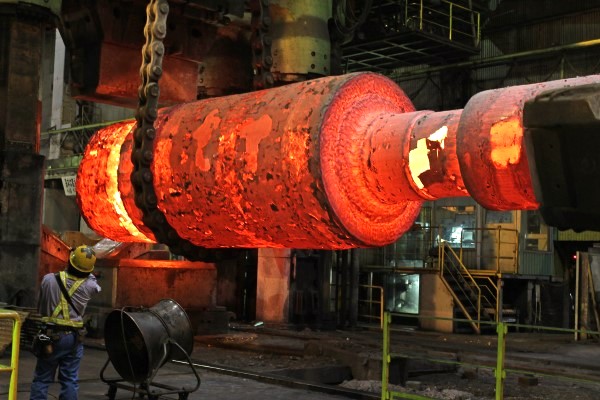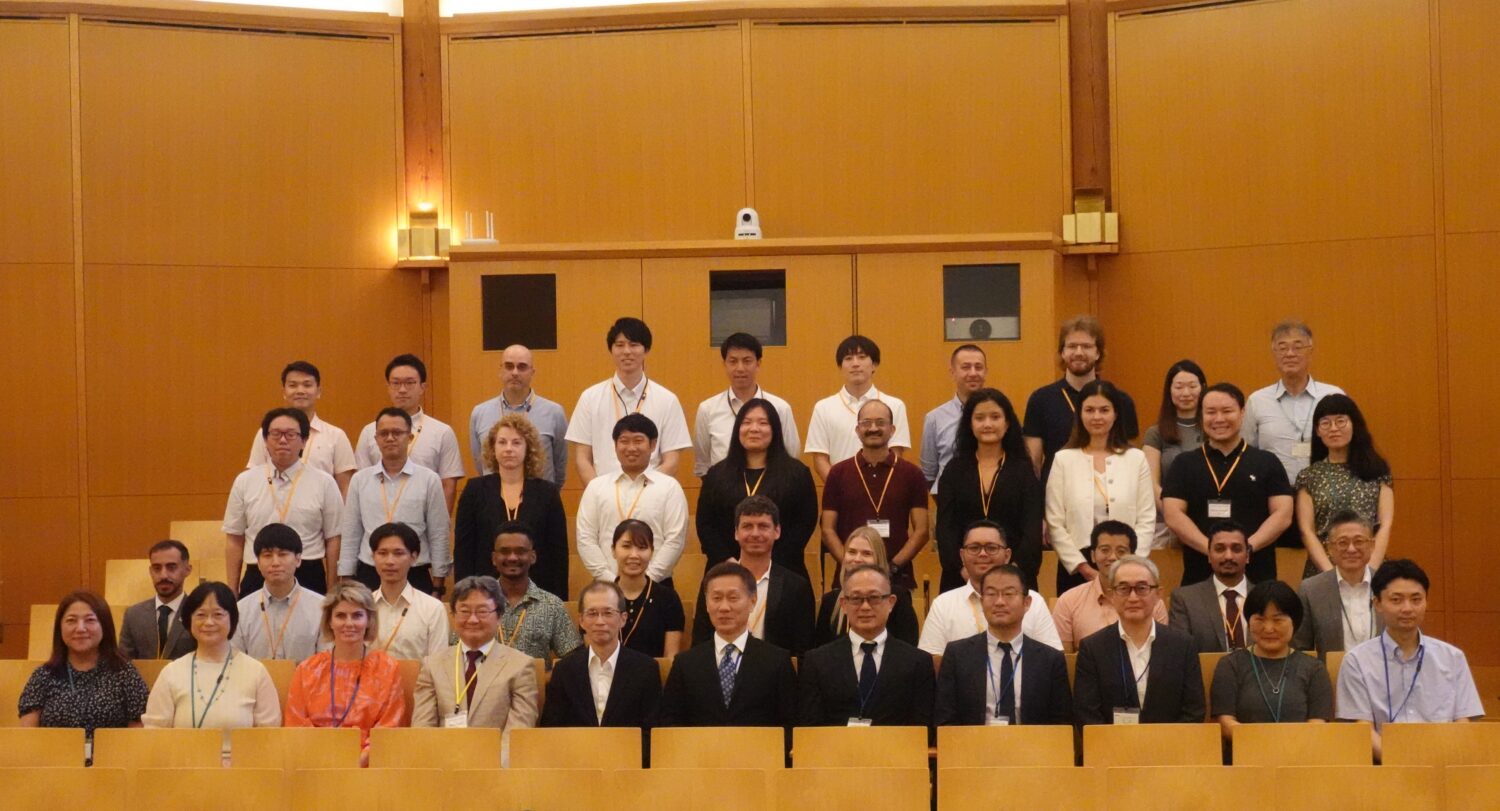Japan’s Nuclear Regulation Authority (NRA) had issued a recommendation to the Ministry of Education, Culture, Sports, Science and Technology (MEXT) that another main operating body be found to replace JAEA. In response to that, Yagi said, “Although there is a problem with the management system, that does not alter the view on the nuclear fuel cycle itself,” stressing Monju’s necessity.
He then said he recognized that it would be “difficult for power companies to undertake the task, because they have no expertise in the area.” He also expressed unease about having a power company operate Monju, given that it was “still in the R&D stage, putting it in the national domain.”
Referring to the profits announced by all ten major power companies in their interim balance sheets released in September, Yagi said that it was “largely the result of a temporary factor,” citing a drop in fuel prices, including those of crude oil. He added that he felt it would hence be “difficult to share the profits with consumers by significantly lowering power rates.”
Regarding the exporting of coal-fired power plants to developing countries, Yagi praised the fact that a working group under the Organization for Economic Cooperation and Development (OECD) had agreed to support the most efficient technology from technologically advanced countries, saying that “Japan’s assertions have been recognized to a certain extent.”
From the viewpoint of combating global warming, the OECD working group had imposed certain conditions, including only allowing the poorest countries to get financing for power plants using less efficient technology.















